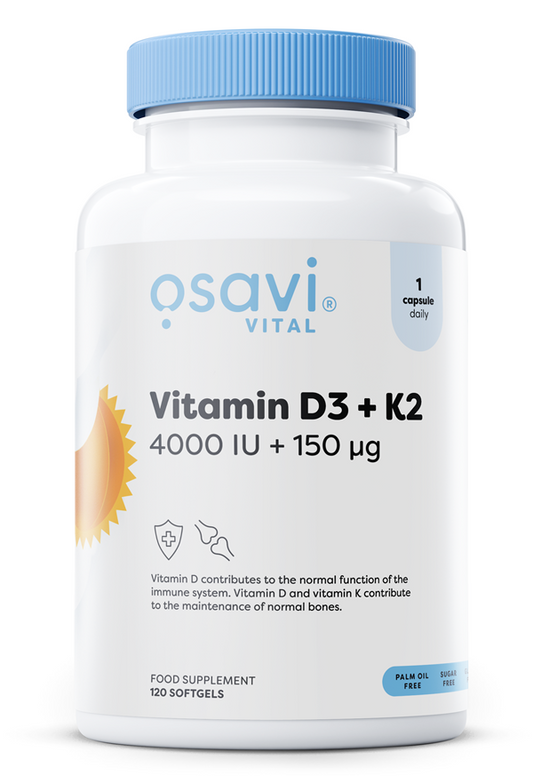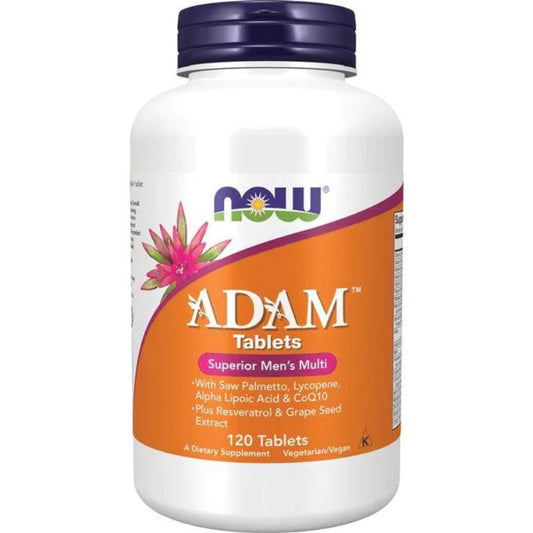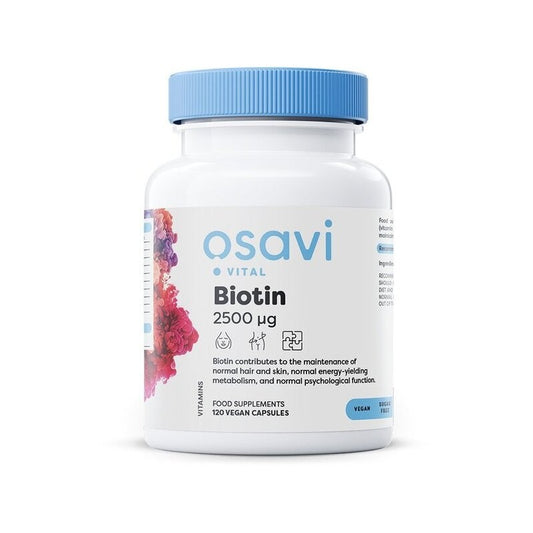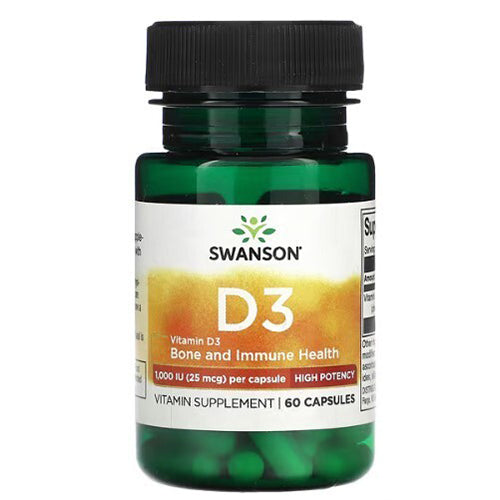
Niacin (Vitamin B3): Essential Nutrient for Energy and Wellness
Jakub SkibaVitamin B3, commonly called niacin, is a vital water-soluble B vitamin that supports the body’s ability to use nutrients efficiently. It helps convert carbohydrates, proteins, and fats from food into energy, making it an important part of a balanced diet and daily wellness routine. Niacin naturally occurs in a wide variety of foods, including whole grains, poultry, fish, eggs, legumes, and nuts, so most people can meet their needs through a varied diet. For those following vegetarian or plant-based diets, fortified foods like cereals or plant-based milks can also provide consistent intake.
In addition to its role in energy metabolism, Vitamin B3 contributes to general nutritional balance and is often included in wellness routines. It supports skin health and helps maintain overall vitality. While it is sometimes mentioned in discussions about circulatory and digestive wellness, its main contribution is nutritional: supporting the body’s natural processes that convert food into energy and promote everyday balance. Niacin is also available as part of B-complex supplements, making it convenient for people seeking to ensure regular intake.
This article provides an overview of Vitamin B3’s functions, natural food sources, recommended daily intake, and practical tips for including it in your diet. With a focus on nutrition and wellness rather than medical claims, it helps you understand how to incorporate niacin into a healthy lifestyle to support energy, vitality, and overall well-being.
Key Roles of Vitamin B3 in Nutrition
Energy Metabolism
Vitamin B3 supports the conversion of carbohydrates, fats, and proteins into usable energy, helping maintain energy levels throughout the day and contributing to overall vitality.
Nutritional Support
Niacin plays a role in overall nutritional balance, making it an important part of a varied diet and wellness routine.
Skin and Wellness
Vitamin B3 is often included in wellness products for its role in supporting healthy skin and general well-being.
Food Sources of Vitamin B3
Plant-Based Sources
-
Whole grains (brown rice, quinoa, oats)
-
Legumes (lentils, beans, chickpeas)
-
Nuts and seeds (peanuts, sunflower seeds)
-
Mushrooms (portobello, shiitake)
-
Fortified cereals and plant-based milks
Animal-Based Sources
-
Poultry (chicken, turkey)
-
Lean meats (pork, beef)
-
Fish (salmon, tuna, trout)
-
Eggs
-
Dairy products (milk, cheese, yogurt)
Most people can meet their Vitamin B3 needs through a balanced diet. Supplements may be considered for consistent intake, especially for vegetarian or plant-based diets.
Recommended Daily Intake of Vitamin B3
|
Age Group |
Daily Recommended Amount (mg) |
|
Infants (0–6 months) |
2 |
|
Children (1–3 years) |
6 |
|
Children (4–8 years) |
8 |
|
Children (9–13 years) |
12 |
|
Teens (14–18 years) |
14 mg (girls), 16 mg (boys) |
|
Adults (19+ years) |
14 mg (women), 16 mg (men) |
|
Pregnant/Breastfeeding women |
18 |










